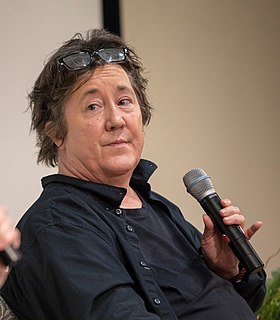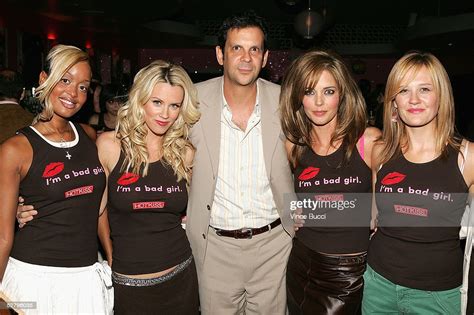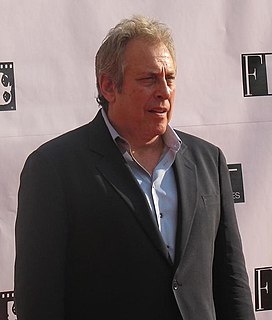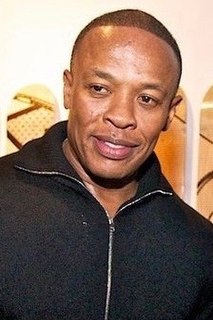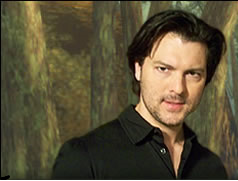A Quote by Christine Vachon
Ultimately when I throw myself behind a movie, I have to really believe in that director's vision.
Related Quotes
You have to accept that the moment you hand a script to a director, even if you've written it as an original script, it becomes his or her movie. That's the way it has to be because the pressures on a director are so staggering and overwhelming that if he or she doesn't have that sort of level of decision making ability, that sort of free reign, the movie simply won't get done. It won't have a vision behind it. It may not be your vision as a screenwriter, but at least it will have a vision.
I think I'm an extremely conscientious producer and now equally as a director and it gives me the opportunity to look at the entire movie and really allow the movie to be the creative vision of the actors, the writer and myself, because I'm in charge of it from a producer and a director point of view.
When I'm in the studio, I write the music, I play the different instruments, I produce it, I arrange it, and it's a self-indulgent exercise. It's the way I make my music. And when I'm acting, I get to leave myself behind, which is a relief. I get to collaborate with a director; I respect the director's medium and all the actors and actresses. So at the end of the day, it's about a character and it's about a director's vision. It's a really good balance for being so intense and alone in my personal process of making music.
I'm kind of the boss. I could fire myself if I ever got out of line, and I can hire myself too which is a good thing. It gives me a responsibility to the financial realities of the picture. I'm an extremely conscientious producer and now equally as a director and it now gives me the opportunity to look at the entire movie and allow the movie to be the creative vision of the actors, the writer and myself, because I'm in charge of it from a producer and a director point of view. It gives me freedom and it gives me a certain degree of responsibility at the same time.
My teachers believe that the creative producer's job is to service the vision of the director, to stay within schedule and budget, and to get the studio what they need, but you work for the director to get their vision on the screen. That's not how everyone approaches producing, but it is certainly how directors like you to approach producing. How I was brought up is that my job is to help you make the movie you want to make.
While the storytelling in games is getting so much better, you look at something like Grand Theft Auto V, which I thought was really beautifully written, it doesn't really need a movie because it is a movie. So I think you need a unique game - you either need an incredibly talented writer and director to come in and put together an amazing vision, or you need a game like Metal Gear, which is very cinematic, has a huge amount of history behind it, but whose cinematic experience is very different from what you'd get in a theater.
The director is the most important because, ultimately, as an actor, when you watch a movie, it looks like an actor is giving a performance, and they kind of are. But, what's actually happening is that an actor has given a bunch of ingredients over to a director, who then constructs a performance. That's movie-making.
And so as a director, as a leader, and myself as a director and a leader, I kind of try to make sure that we hold onto the vision and kind of corral it, but by the time you finish whatever the project is, a TV show, a series, a movie, a stage show, it should be a product of what all those people can do, and therefore, it can never be what you imagined it would be in the beginning.
